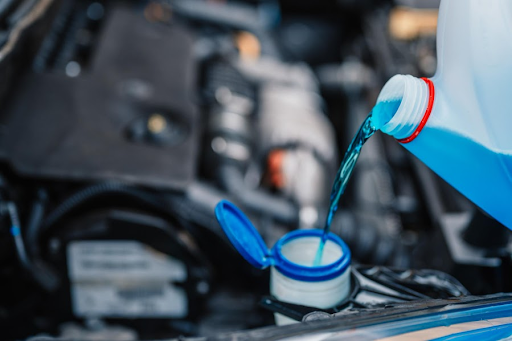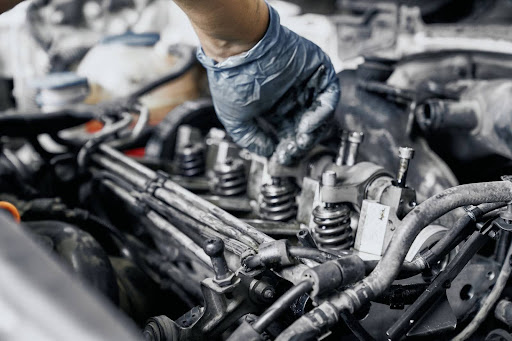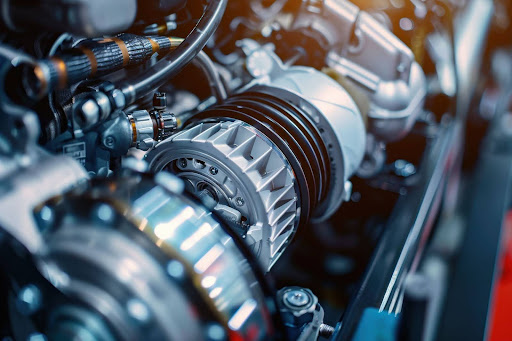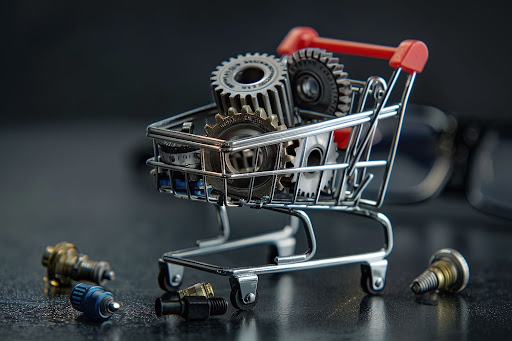Heavy-duty commercial vehicles often operate in extreme weather and on tough road conditions. Their engines generate significant heat while running for long hours. If this heat isn’t managed properly, it can damage the engine and reduce the vehicle’s overall performance. This is where engine coolant plays a vital role.
A coolant regulates engine temperature, protects internal components, and supports long-term performance. The TGP coolant is specially designed to manage heat, prevent corrosion, and deliver consistent performance across India’s diverse climates.
What Coolant Really Does Inside the Engine
An engine generates high temperatures when fuel burns to produce power. If this heat stays trapped, it can lead to engine failure. Coolant solves this problem.
How coolant helps:
- Absorbs heat from engine parts
- Transfers the heat to the radiator
- Releases heat through the radiator’s surface
- Circulates back to repeat the cycle
Without coolant, metal parts may expand or crack. Coolant also lubricates internal parts, reducing wear and tear.
Why Water Alone Isn’t Enough
Some people believe water can be used as a coolant. While water absorbs heat, it has several limitations:
Why water falls short:
- Boils at 100°C and freezes at 0°C
- Promotes rust and corrosion in engine parts
- Evaporates quickly under high temperatures
- Lacks additives needed for long-term efficiency
In contrast, coolants like TGP coolant are formulated with chemical additives to prevent rust, enhance heat transfer, and expand the operational temperature range.
Key Benefits That Keep Engines Running Longer
For commercial vehicles, downtime means loss. Using a reliable coolant helps protect engine health and save costs over time.
Key benefits include:
- Maintains consistent engine temperature
- Reduces internal stress on components
- Prevents deposit build-up and corrosion
- Protects rubber and plastic seals
- Minimises overheating during traffic or hill climbs
TGP coolant ensures dependable protection even when vehicles are fully loaded and operating for extended hours.
Performs Across India’s Changing Climates
India experiences highly varied weather from freezing mountains to scorching plains. Coolant must perform well in all conditions.
How it adapts:
- Prevents freezing in cold zones
- Resists boiling in high temperatures
- Maintains fluid quality over time
- Performs reliably in stop-start traffic
This makes TGP coolant ideal for fleet operators running vehicles across regions and seasons without needing separate products.
Helps Reduce Overall Maintenance Costs
Poor-quality coolant can damage engine components, leading to frequent repairs.
With the right coolant, you can:
- Lower engine wear
- Prevent gasket and seal failures
- Avoid leaks caused by corrosion
- Extend the life of water pumps
- Reduce emergency roadside breakdowns
Better thermal management also improves fuel efficiency over time.
Supports Cleaner and Smoother Operations
A clean engine performs more efficiently. Coolant plays a hidden but essential role in maintaining internal cleanliness.
Additional benefits:
- Keeps coolant passages free from scale
- Prevents rust and blockages
- Supports stable combustion via temperature control
- Helps sensors operate accurately with uniform heat distribution
TGP coolant works silently in the background to ensure uninterrupted vehicle operation.
Easy to Use and Replace
Fleet operators and service teams prefer solutions that are easy to manage. Coolants should be simple to top up and replace.
Convenient features of TGP coolant:
- Available in pre-mixed and concentrated forms
- Easy-to-follow dilution instructions
- Compatible with standard coolant systems
- Clear colour and markings for fast checks
Quicker service time means reduced vehicle downtime.
Built for Commercial Loads and Demands
Commercial engines are larger and operate under more intense conditions than personal vehicles.
TGP coolant supports:
- Higher engine temperatures for extended periods
- Prevention of engine knocking
- Controlled pressure within the cooling system
- Reliable performance in both urban and long-haul routes
This results in fewer breakdowns and longer intervals between engine overhauls.
What Keeps Vehicles Reliable on Indian Roads
In transport, reliability is everything. Engine components must stay protected on dusty highways, rough terrains, and crowded city streets.
TGP coolant goes beyond basic cooling. It protects the engine, enhances fuel efficiency, and reduces wear over time. Fleet managers and drivers who depend on their vehicles every day know the value of a strong, reliable coolant system.
That’s why Tata Genuine Parts India continues to be the trusted choice for drivers and transporters across the country offering dependable cooling solutions that keep commercial vehicles running trip after trip.





